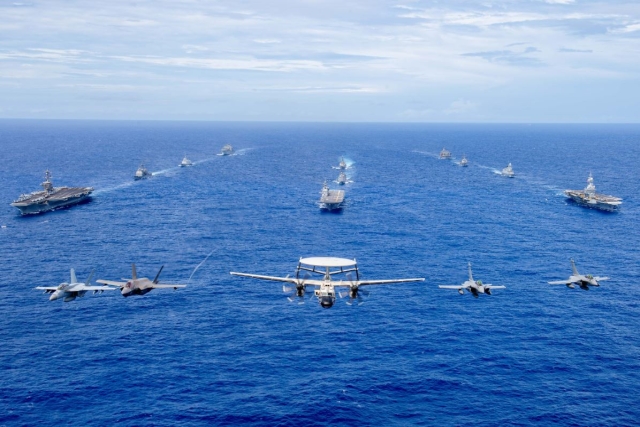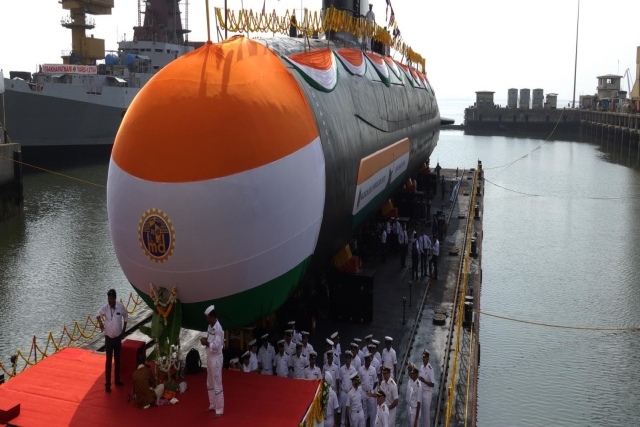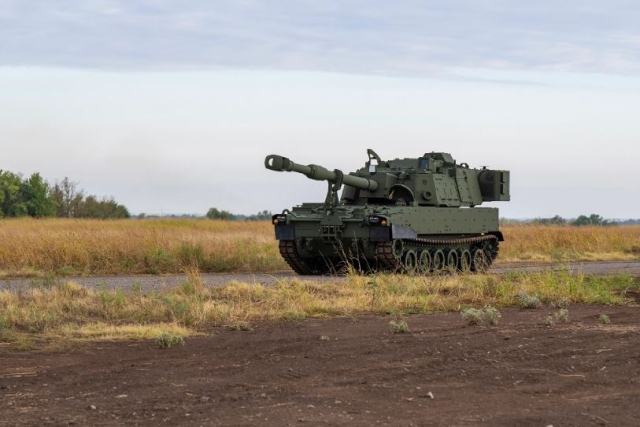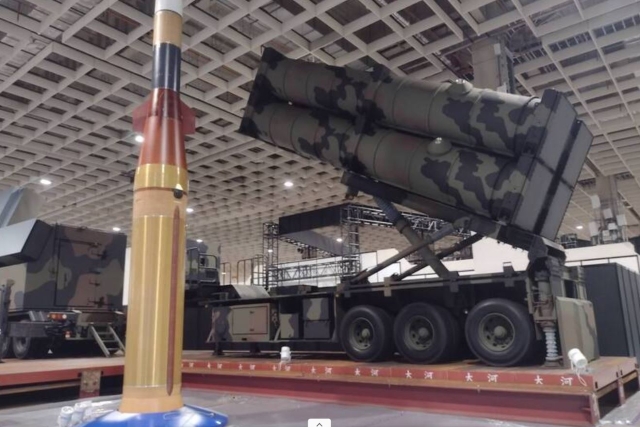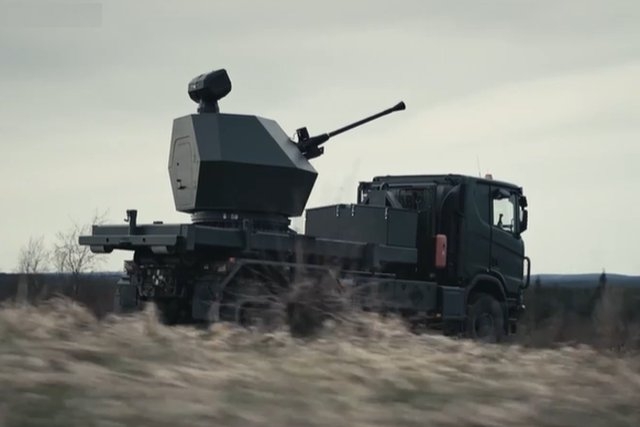Philippines Backs U.S.-Funded Ammo Plant in Subic Bay amid China Sea Dispute
President says project rooted in self-reliant defense strategy as tensions grow in West Philippine Sea
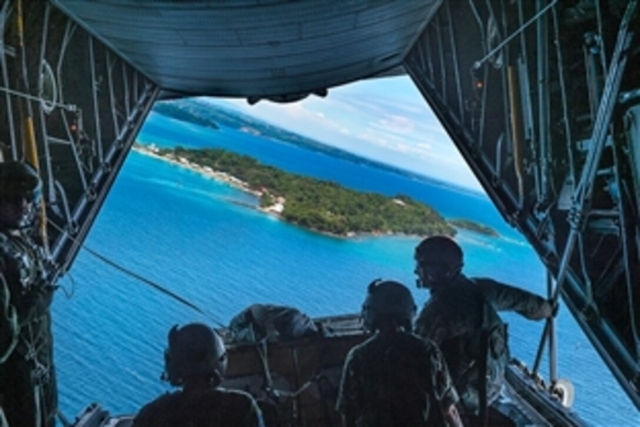
Philippine President Ferdinand R. Marcos Jr. has defended the construction of a U.S.-supported ammunition manufacturing hub in Subic Bay, asserting that the project was planned nearly a year ago as part of the country’s Self-Reliant Defense Posture (SRDP) — not as a response to China.
“That had been decided a long time ago…almost a year ago,” Marcos told reporters in Washington on Wednesday. “Even without help, we would still pursue it.”
The facility, backed by U.S. government funding, is part of the broader Enhanced Defense Cooperation Agreement (EDCA) and will rise in the Subic Bay Freeport Zone, a former U.S. naval base now seen as a key location in the evolving security landscape of the Indo-Pacific.
China continues to claim vast areas of the South China Sea, including parts of the West Philippine Sea, where its coast guard has clashed with Philippine vessels. Marcos said concerns about provoking Beijing were misplaced.
“Are we not already a target for China?” he said. “I think what we have to be thinking about is protecting the Philippines.”
U.S. President Donald Trump underscored the project's value to both countries’ military readiness.
“It’s very important. Otherwise, we wouldn’t have approved it,” Trump said at the White House following his bilateral meeting with Marcos. “We need ammunition. In a few months, we’ll have more ammunition than any country has ever had… missiles, the speedy ones, the slow ones, the accurate ones — we have everything.”
The U.S. House Committee on Appropriations directed the Department of Defense, State Department, and International Development Finance Corp. to assess the feasibility of the Subic facility, signaling its strategic importance amid tensions across the South China Sea and Taiwan Strait.
Civilian-Led Model, Global Market Target
Philippine Defense Secretary Gilberto Teodoro Jr. said the facility will operate under a foreign direct investment (FDI) model. Though backed by U.S. funds, the plant will be commercially run.
“We can envision a private entity going about it on a commercial basis, so that they can hire people on a commercial basis,” Teodoro said.
Initial operations will create 200 to 300 skilled jobs, with potential expansion tied to logistics and port development. The facility aims to address a global ammunition shortage across multiple calibers.
“It will regenerate revenue for Subic… increase our trade flows… and help our self-reliance too,” he added.
Marcos emphasized that the ammunition project is not a dependency move, but a push to produce locally and lessen future reliance.
“This is actually (the U.S.) assisting the Philippines in what we call our self-reliance defense program,” he said. “To allow us to be self-reliant and to be able to stand on our own two feet, whatever the circumstances that occur in the future.”
He acknowledged that military modernization, including possible missile deployments, is driven by strategic necessity.
“We would certainly like any kind of military spending — we would wish that it wasn’t necessary, but it is.”
The Subic site, close to contested waters and regional flashpoints, positions the Philippines to respond more actively to threats.

